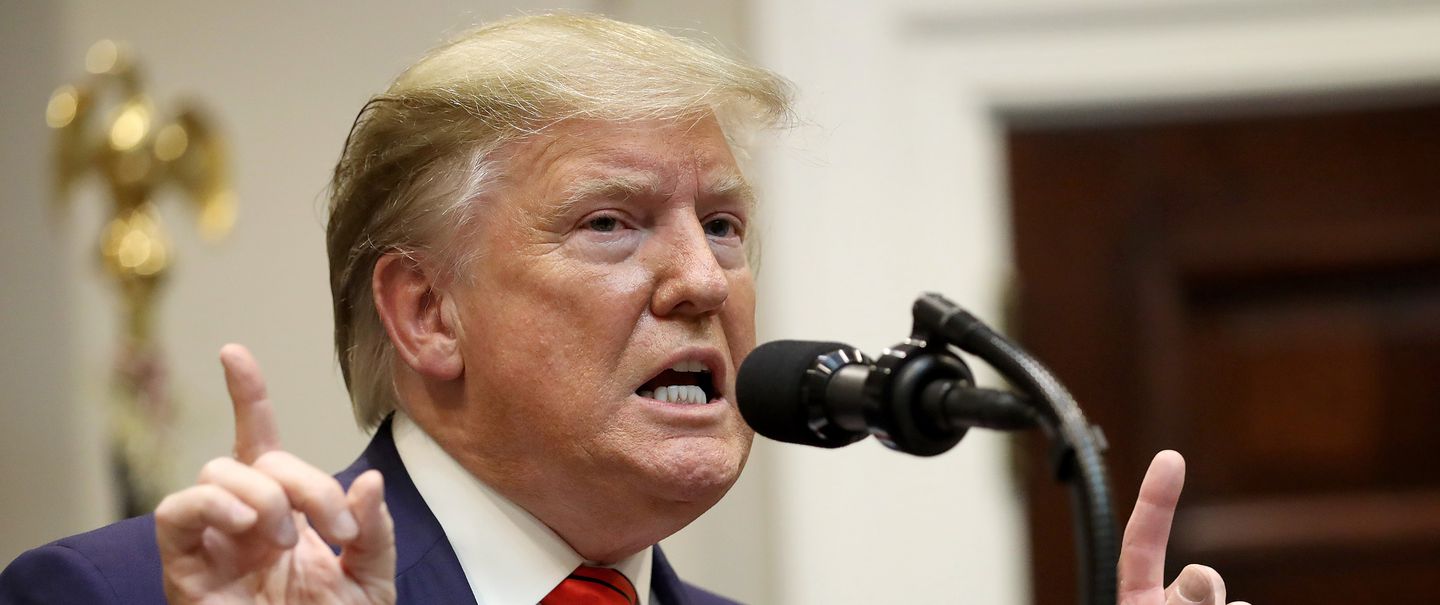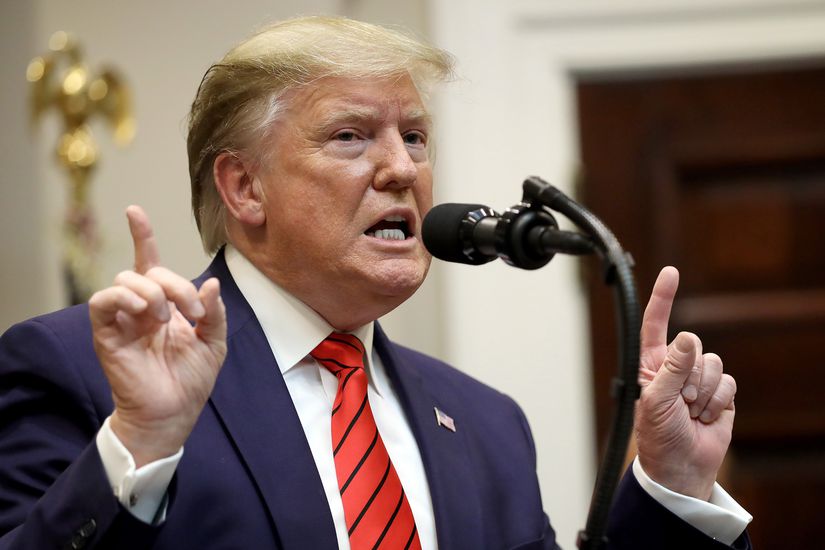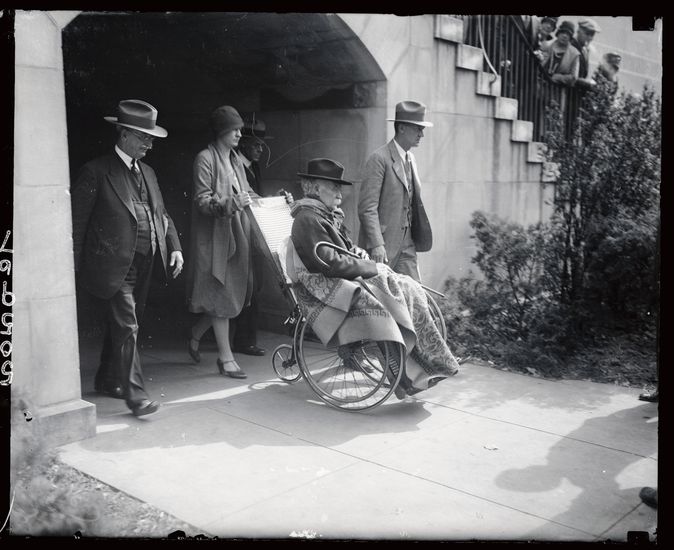Send Lawyers, Guns, and Money
For a country that’s only been around for a couple of centuries, America has had its fair share of political scandals. Some involved money, but more revolved around sex, and a few others were tied to abuse of power. They all rattled the nation to varying degrees, shaking people’s trust in their government and its leaders and leaving them a little more cynical. Here are some of the biggest.
Related: Infamous Hot Mic Moments of Politicians and Celebrities





























